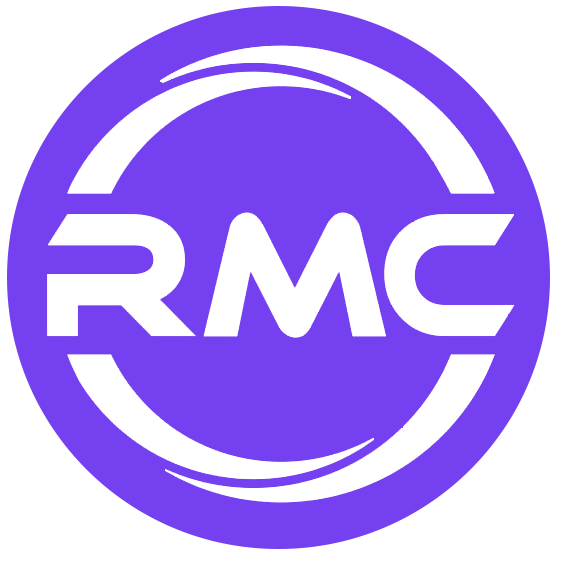Dive Brief:
-
United Airlines is leaning on technology to improve its bottom line after losing $7.1 billion in 2020 from business disruptions due to the COVID-19 pandemic, according to the company's latest earnings report. ZDNet first reported United's upcoming IT investments.
-
Driven by efficiency, technological innovation will cut business costs as the company looks to recover, according to Gerry Laderman, EVP and CFO, on the Q4 2020 earnings call. United aims to permanently slash its cost structure by $2 billion per year.
-
United's tech efforts are mostly consumer-facing. The company's digital pivot supports contactless options for flyers to navigate the airline with less proximity to employees.
Dive Insight:
For United, and other airlines such as American and JetBlue, digital transformation paves the way forward in a changing market. Cautious of COVID-19, customers demand a digital world.
Last year, United redesigned its mobile app to improve accessibility, launched an automated assistant chat for contactless information about COVID-19 protocols and debuted virtual customer service at the airport. The airline is now building a vaccine passport, digital storage of vaccine and regulatory information, to manage pandemic-era guidelines.
"We are definitely focused on making it as easy for our customers as we can to manage through all the different rules, whether it’s around testing requirements, vaccine requirements and certainly, technology is going to have a big piece of that," said EVP and Chief Digital Officer Linda Jojo.
When United faced an overbooking dilemma in 2017, it also turned to emerging tech to solve the problem. Big data and machine learning solutions hosted in the cloud provided the analytics to better understand which customers will be no-shows.
But these projects aren't cheap. United recorded $43 million of impairments related, in part, to IT capital projects stemming from the pandemic's impact over the last three months of 2020, according to the earnings report. In total, canceled capital projects cost the company $56 million last year.













